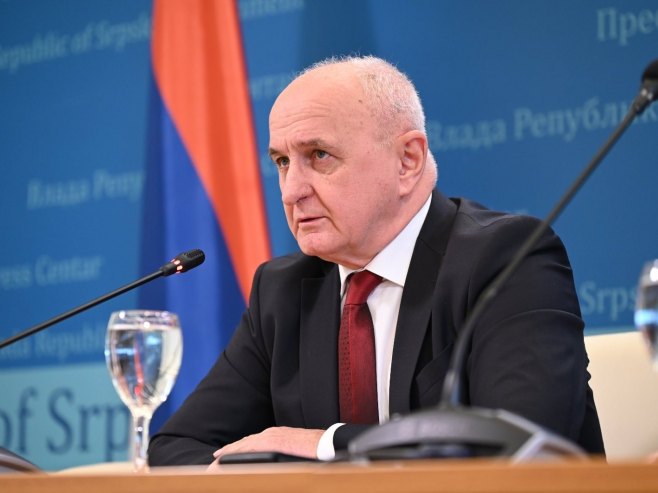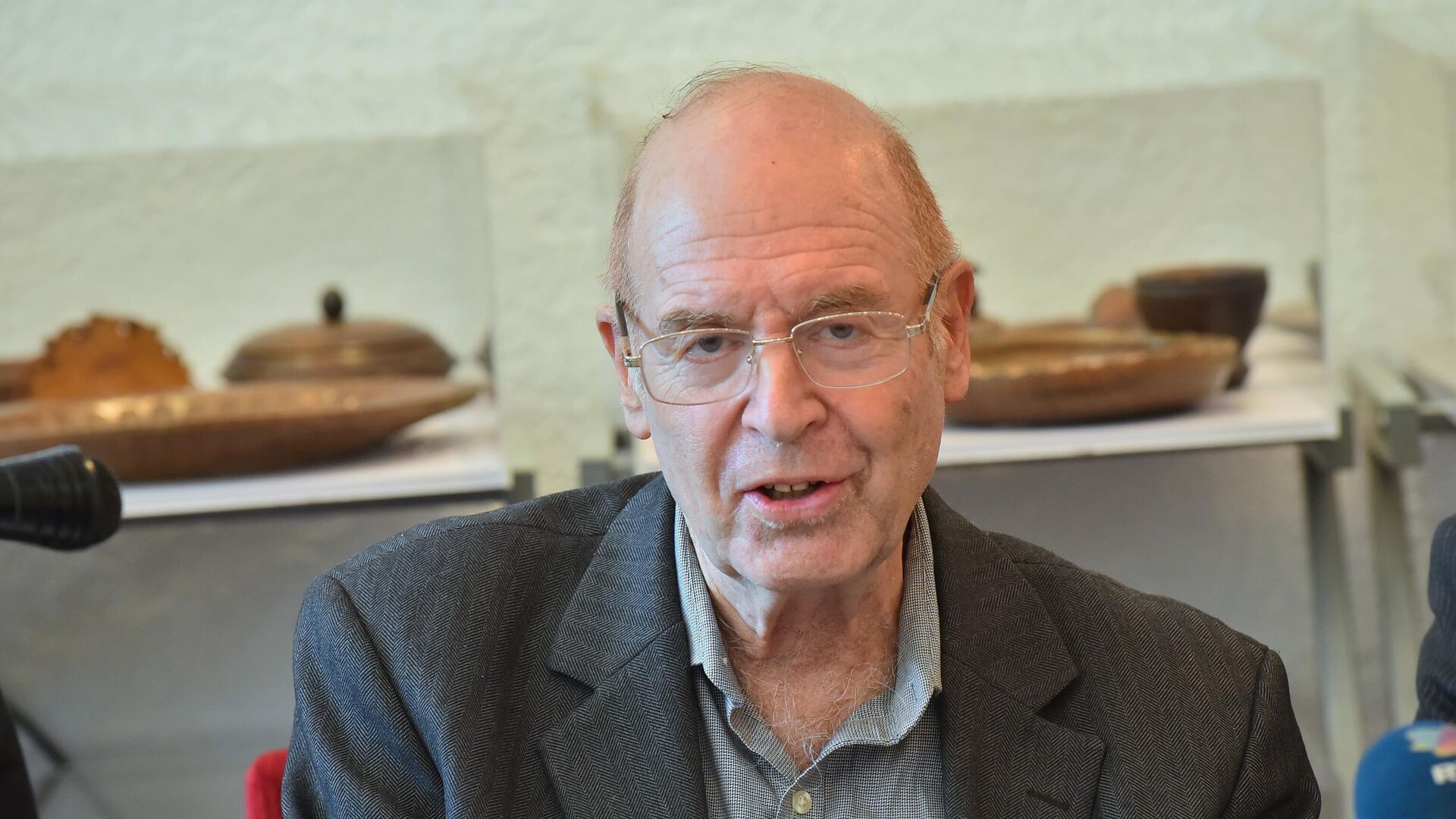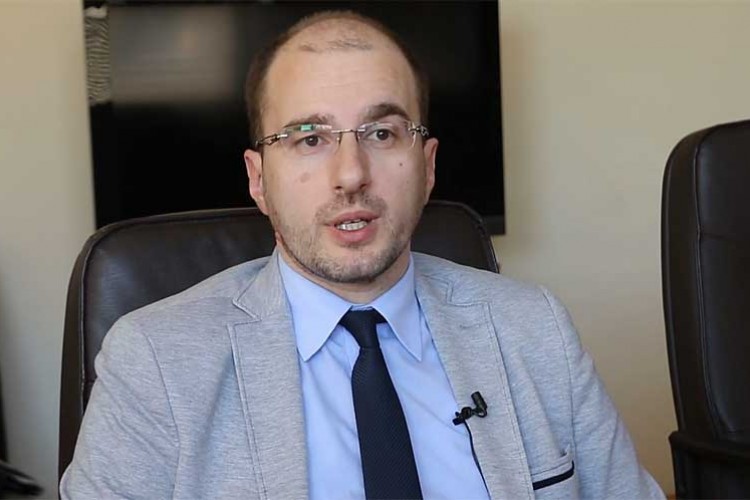Gideon Greif, the chairman of the Independent Commission for the Investigation of the Suffering of All Peoples in the Srebrenica Region from 1992 to 1995, stated in an interview with RTRS that the term “genocide” should not be taken lightly, as it is, according to him, a scientific term.
“You cannot play with this term. It is a scientific term. Raphael Lemkin would turn in his grave if he heard that Srebrenica is defined as genocide. He would say, they are crazy. This is not the case. I did not mean such genocide. Genocide is something else,” Greif said.
He argues that it is very easy to base opinions on unreal facts, unscientific facts.
“History is a science, and we are all scientists: historians, forensic experts, media specialists, and lawyers, of course. Ten top experts, who worked for two years without any interference from the side, without any instructions from any government, without bias, without unfounded assumptions. We worked very objectively, to the extent that objectivity exists in this world, and I think that our report will one day be considered a masterpiece of an international independent commission, like ours. Let me tell you what did not happen in Srebrenica,” says Greif.
He reminds that in 1948, Raphael Lemkin “coined” the term “genocide,” which Greif explains is defined as “the intentional destruction of a national, ethnic, racial, or religious group.”
“Genocide has two elements. One is physical, and the other is psychological. The destruction of a national, ethnic, racial, or religious group as such is the essential characteristic of every genocide, and this was not the case in Srebrenica. On the Serb side, there was no intent to destroy a significant part in relation to the total population,” says Graif for RTRS.
In this, as he emphasizes, “tragic event, less than 0.5 percent of Bosnian Muslims perished.”
“Therefore, in any case, this cannot be considered or defined as genocide. Genocide is a crime of a completely different nature. Of course, our commission has written, and I would like to read to you, that although the commission does not consider the killings around Srebrenica as genocide, it recognizes the fact that thousands of people were killed in the most terrible way and that those responsible for the crime should be punished. So, we were very clear in our Report,” said Greif.
Source: RTRS









